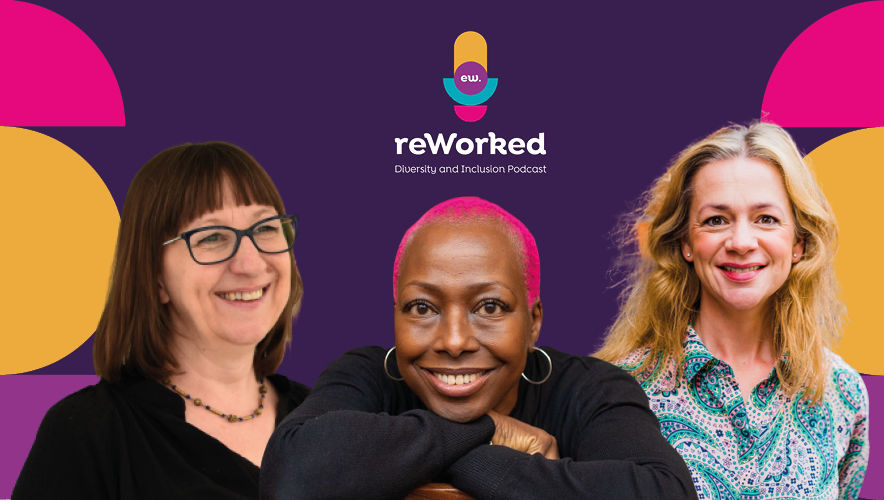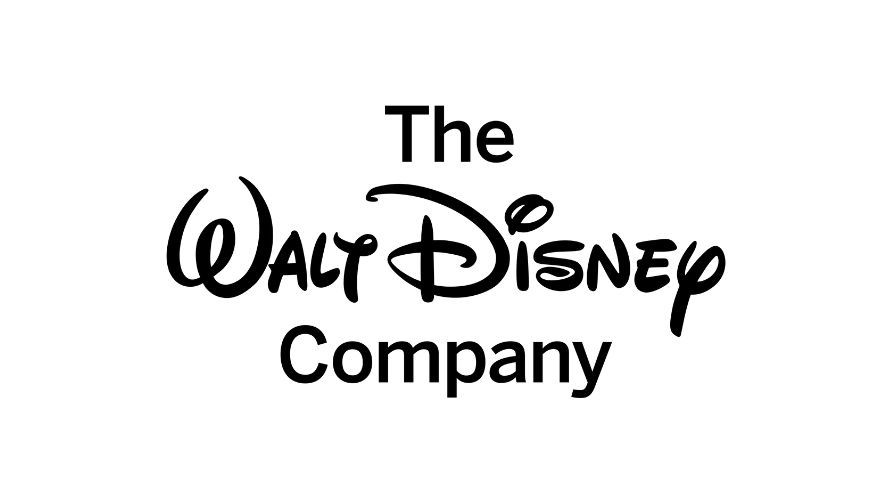Mental health matters – the business case for workplace wellbeing
At EW Group, we see mental health awareness and recognition as an essential part of building inclusive working cultures. Yes, supporting employee wellbeing is good for people, but it’s also good for boosting levels of engagement, interaction and productivity. The average UK organization has wellbeing scores of 53%, compared to 84% at best-in-class organizations with more positive, supportive and inclusive cultures. We want to close that gap.
Positive, practical workshops on workplace mental health and wellbeing
EW Group has a range of practical workshops designed to raise awareness and equip your employees and managers with the ability to better manage their own wellbeing and to offer worthwhile support to colleagues who are showing signs of poor mental health.
A proactive approach to wellbeing
Break down the barriers to effective mental health support at work
Mental illness is the largest single source of burden of disease in the UK. With 1 in 4 of us experiencing some form of mental health issue in a given year, it’s an inescapable truth that some of your colleagues are struggling. Yes, conversations about mental health and wellbeing are becoming more commonplace, but challenges persist around understanding, stigma and lack of effective support.
Inclusive leaders make small but significant adjustments to their people management so their direct reports can survive the tough times and thrive when they feel back on track. Inclusive colleagues do their part by making sure the workplace environment is as understanding, supportive and empowering as it can be. That’s why we’ve created mental health workshops that cater to both these audiences.
High prevalence in the US workforce
76% of US workers reported at least one symptom of a mental health condition in the past year.
The impact
Workplace stress causes approximately one million U.S. employees to miss work each day
What our clients say
Looking to focus on mental health in the workplace this year?
Get in touchDive deeper into diversity, equity and inclusion
Check out our range of posts, resources and thought leadership on EDI at work.




